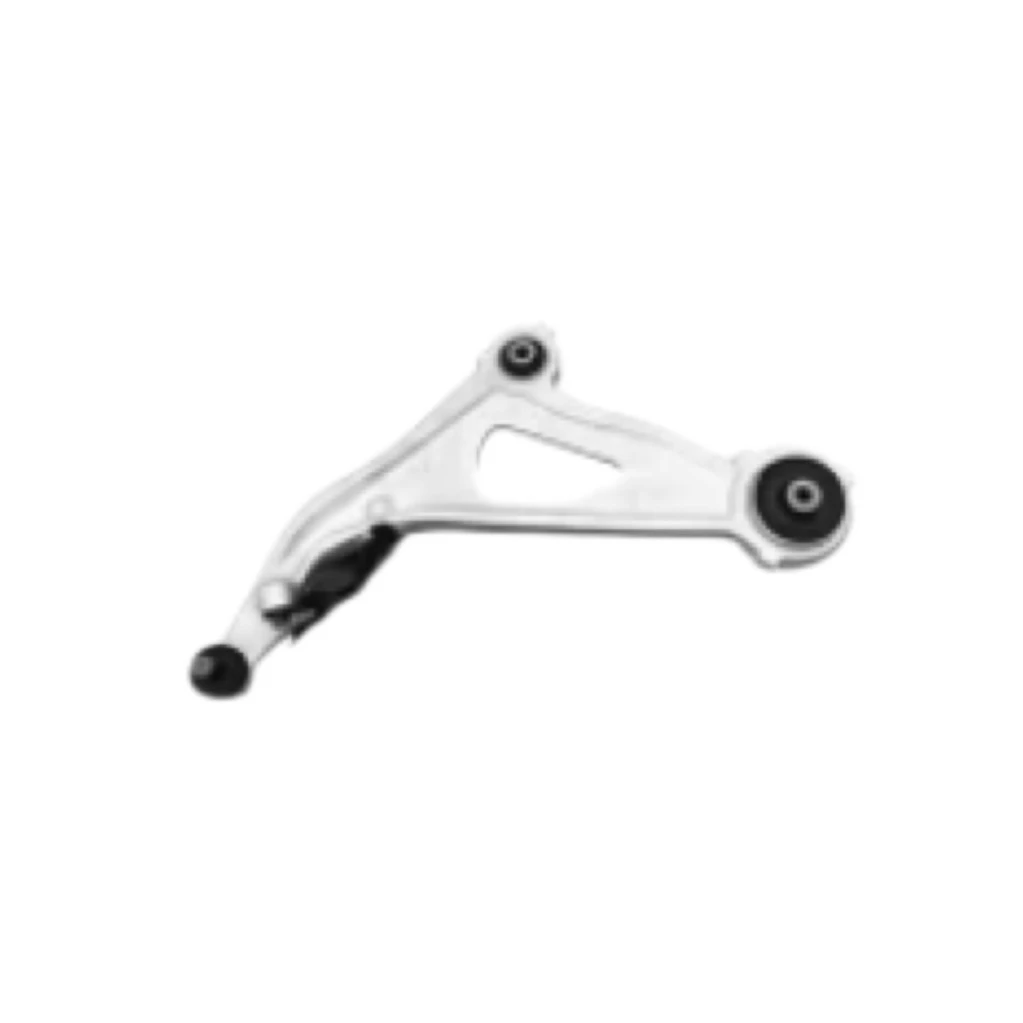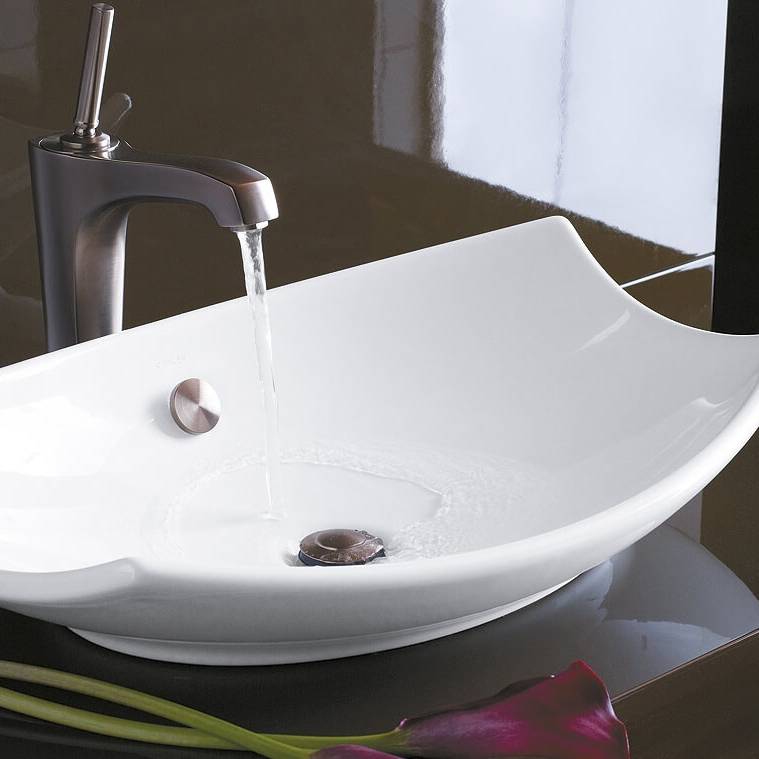2 月 . 15, 2025 00:39
Back to list
control arm supplier
When navigating the intricate landscape of automotive component suppliers, selecting the right control arm supplier is pivotal. This essential component ensures vehicle stability, handling, and safety, underscoring the importance of making an informed choice based on experience, expertise, authoritativeness, and trustworthiness. As the automotive industry evolves with technological advancements, finding a supplier that aligns with these four criteria not only boosts product quality but also ensures robust performance and safety.
Authoritativeness in the supplier landscape is often demonstrated through industry certifications and compliance with international standards. Suppliers who hold ISO/TS 16949 certification, for instance, adhere to a global quality management standard specifically for the automotive sector. These credentials are a testament to the supplier's commitment to quality and safety. Authoritative suppliers are also often involved in industry forums and standard-setting bodies, contributing to shaping the future of automotive components. Such involvement highlights their leadership and influence in the field, providing a level of assurance to potential customers about the supplier’s dedication to excellence. Trustworthiness, the sum of transparency, reliability, and reputability, cannot be overstated when choosing a control arm supplier. Trustworthy suppliers offer transparency in their operations and supply chain, ensuring customers are informed about material sourcing and production processes. This transparency extends to providing comprehensive warranties and aftersales support, standing by their products long after the sale. Word of mouth and testimonials also play a crucial role in establishing trust. Suppliers who consistently receive positive feedback and recommendations from automotive manufacturers and mechanics signal reliability and integrity. Investing in a supplier who prioritizes customer satisfaction and transparent communication can significantly mitigate risks associated with component failure. In conclusion, selecting a control arm supplier is a decision that should be made with careful consideration of experience, expertise, authoritativeness, and trustworthiness. A supplier that excels in these areas is likely to deliver high-quality products that enhance vehicle performance and safety, offering peace of mind in an industry where precision and reliability are paramount. As technological innovations and consumer expectations shift, partnering with a forward-thinking supplier equipped to adapt and innovate will serve as a valuable asset. Seeking out suppliers recognized for their contributions to the automotive industry can ensure that the control arms purchased not only meet but exceed expectations, positioning the purchasing entity competitively within the market. By prioritizing these factors, stakeholders can make informed decisions that uphold the integrity and performance of their automotive offerings.


Authoritativeness in the supplier landscape is often demonstrated through industry certifications and compliance with international standards. Suppliers who hold ISO/TS 16949 certification, for instance, adhere to a global quality management standard specifically for the automotive sector. These credentials are a testament to the supplier's commitment to quality and safety. Authoritative suppliers are also often involved in industry forums and standard-setting bodies, contributing to shaping the future of automotive components. Such involvement highlights their leadership and influence in the field, providing a level of assurance to potential customers about the supplier’s dedication to excellence. Trustworthiness, the sum of transparency, reliability, and reputability, cannot be overstated when choosing a control arm supplier. Trustworthy suppliers offer transparency in their operations and supply chain, ensuring customers are informed about material sourcing and production processes. This transparency extends to providing comprehensive warranties and aftersales support, standing by their products long after the sale. Word of mouth and testimonials also play a crucial role in establishing trust. Suppliers who consistently receive positive feedback and recommendations from automotive manufacturers and mechanics signal reliability and integrity. Investing in a supplier who prioritizes customer satisfaction and transparent communication can significantly mitigate risks associated with component failure. In conclusion, selecting a control arm supplier is a decision that should be made with careful consideration of experience, expertise, authoritativeness, and trustworthiness. A supplier that excels in these areas is likely to deliver high-quality products that enhance vehicle performance and safety, offering peace of mind in an industry where precision and reliability are paramount. As technological innovations and consumer expectations shift, partnering with a forward-thinking supplier equipped to adapt and innovate will serve as a valuable asset. Seeking out suppliers recognized for their contributions to the automotive industry can ensure that the control arms purchased not only meet but exceed expectations, positioning the purchasing entity competitively within the market. By prioritizing these factors, stakeholders can make informed decisions that uphold the integrity and performance of their automotive offerings.
Next:
Latest news
Upgrade Your Vehicle with Quality Control Arms
NewsNov.01,2024
Unlock Superior Performance with Our Control Arms for Sale
NewsNov.01,2024
Unlock Optimal Vehicle Performance with Diverse Control Arm Types
NewsNov.01,2024
Transform Your Ride with Lower Control Arm Replacement
NewsNov.01,2024
Revolutionize Your Ride with Control Arm Mounts
NewsNov.01,2024
Elevate Your Vehicle with Premium Control Arms
NewsNov.01,2024









